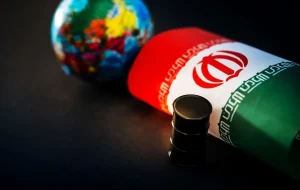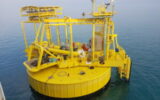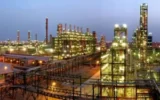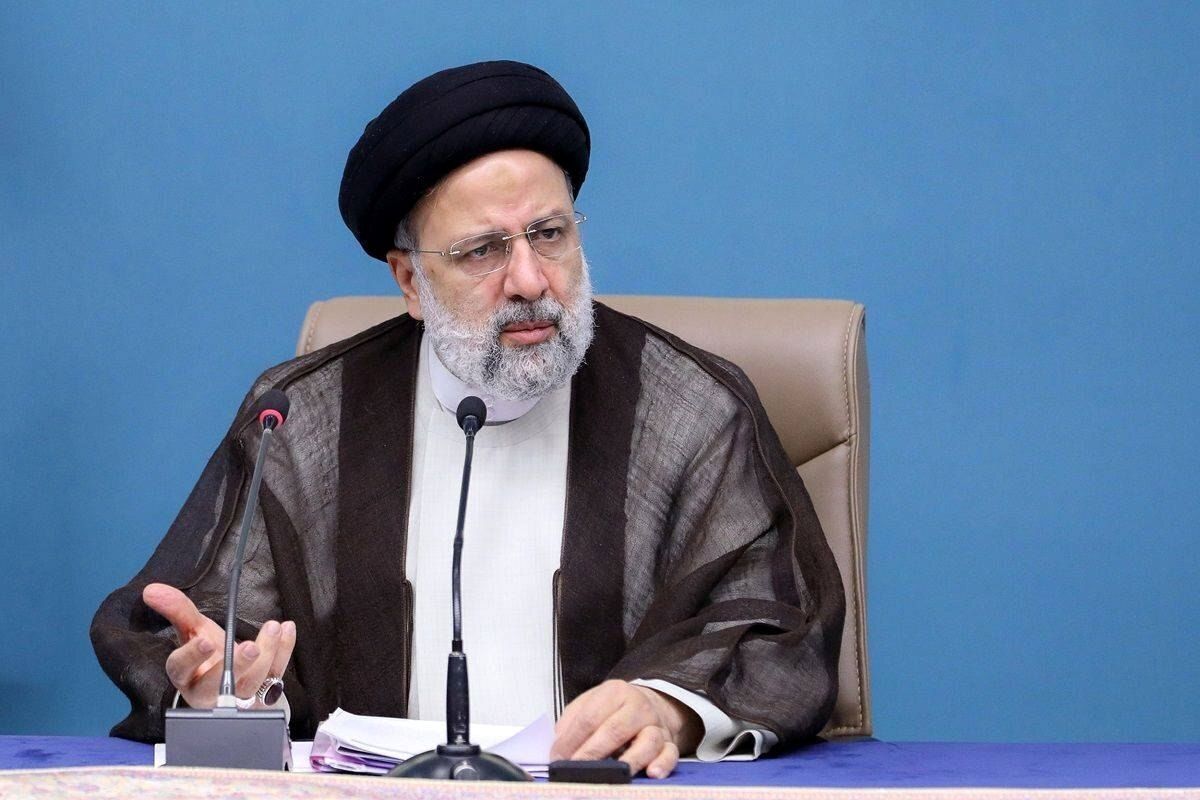
Growth in oil production and exports despite economic recession
Central Bank statistics indicate a 1.1% growth in oil production and exports in the first half of 1404; a growth achieved during an economic recession and alongside a 0.6% decrease in the country's gross domestic product.

The Yellow Dragon’s Addiction to Iranian Oil / Billion-Dollar Savings for Chinese Refineries
Estimates by the Kepler Institute show that China purchased over 80% of Iran's exported oil in 2025, with daily imports averaging around 1.38 million barrels, equivalent to approximately 13% of China's total seaborne oil imports.

Member of the European Parliament: Trump is after Iran’s oil
Mantro stated at the European Parliament meeting with the EU's Foreign Policy Chief, Kajsa Kallas, that Trump is after Iran's oil.
Breaking News

Diplomatic dialogue between Iran and Venezuela about nuclear energy, oil industry and developments in Gaza
The Venezuelan embassy in Tunisia announced in a press release that in the meeting between the ambassadors of Iran and Venezuela, the two countries emphasized solidarity and mutual support.

Meeting of the Minister of Oil with the Chairman of the GECF Summit on the eve of the Doha Summit
On the eve of the 27th ministerial meeting of the Gas Exporting Countries Forum (GECF) in Doha, Iran's oil minister met with the chairman of the meeting and Libya's oil minister and discussed bilateral cooperation and developments in the energy market.

The CEO of Persian Gulf Holding prevented the lack of transparency
Mohammad Shariatmadari invited the journalists to the meeting.

What is a floating sphere and how does it deliver Iran’s oil to the world?
In the heart of the Persian Gulf, a floating structure is connected to the seabed with huge chains, which transfers Iran's oil and gas condensate to giant tankers without the need for a dock. This localized technology is the hidden pillar of Iran's oil exports.

2,363 billion cubic meters of gas; South Pars’ 27-year achievement
The CEO of the South Pars Gas Complex, coinciding with the 27th anniversary of the company's establishment, announced: "In the past 27 years, more than 2,363 billion cubic meters of natural gas have been sweetened in this complex and delivered to pipelines across the country."

Successful completion of major repairs at Pars Petrochemical with a significant reduction in time
With careful planning and implementation of corrective measures, the ethane unit repair time was reduced to 14 days, and the butane and propane export dock unloading operation was completed without disruption to exports.

Successful completion of major repairs at Bu Ali Sina Petrochemical without stopping production
The major overhaul of some units of the Bu Ali Sina Petrochemical Complex was successfully completed without stopping production, with the aim of removing production obstacles, improving equipment efficiency, and maintaining production sustainability.

Artificial Intelligence at the Service of Petrochemicals; Human-Centered Digital Transformation
The Director of Planning and Development of the National Petrochemical Industries Company emphasized the need to redefine governance structures and institutions to achieve digital governance, saying: "To achieve digital transformation, a digital-centric mindset must be institutionalized."

Strategies to deal with energy imbalances in the cold season; from the need to form a Ministry of Energy to liberalizing gas prices
Winter is coming, and like every year, the issue of reducing gas consumption in the domestic sector and the challenge of energy imbalance is once again highlighted. Energy expert Hossein Mirafazli warns that excessive dependence on gas for home heating is a strategic mistake that has faced the country with an energy imbalance crisis during the cold season. He emphasizes the need to establish a Ministry of Energy, promote incentive schemes, and utilize modern technologies to reduce gas consumption.

CEO of National Gas Company: Transmission network is ready for winter
The CEO of the National Iranian Gas Company, appreciating the efforts and sacrifices of the employees of the ten gas transmission operation regions, emphasized the complete readiness of the transmission network to enter the cold season and maintain the stability of gas flow throughout the country by managing priorities and changing approaches.




